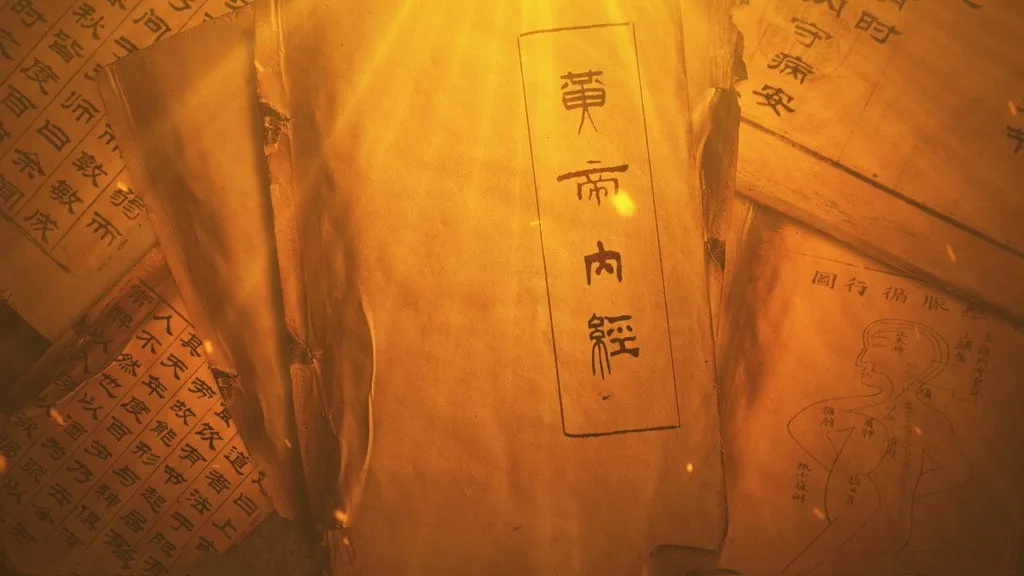
The Huangdi Neijing states: “In ancient times, people lived to be a hundred years old in both spring and autumn, and completed their natural lifespan.”
It is said that in ancient times, the people of Ge Tian could all live to be a hundred years old.
These elders had white hair yet youthful faces, fully enjoying the lifespan granted by heaven.
If you want to live younger, let’s explore how the ancients practiced health preservation.
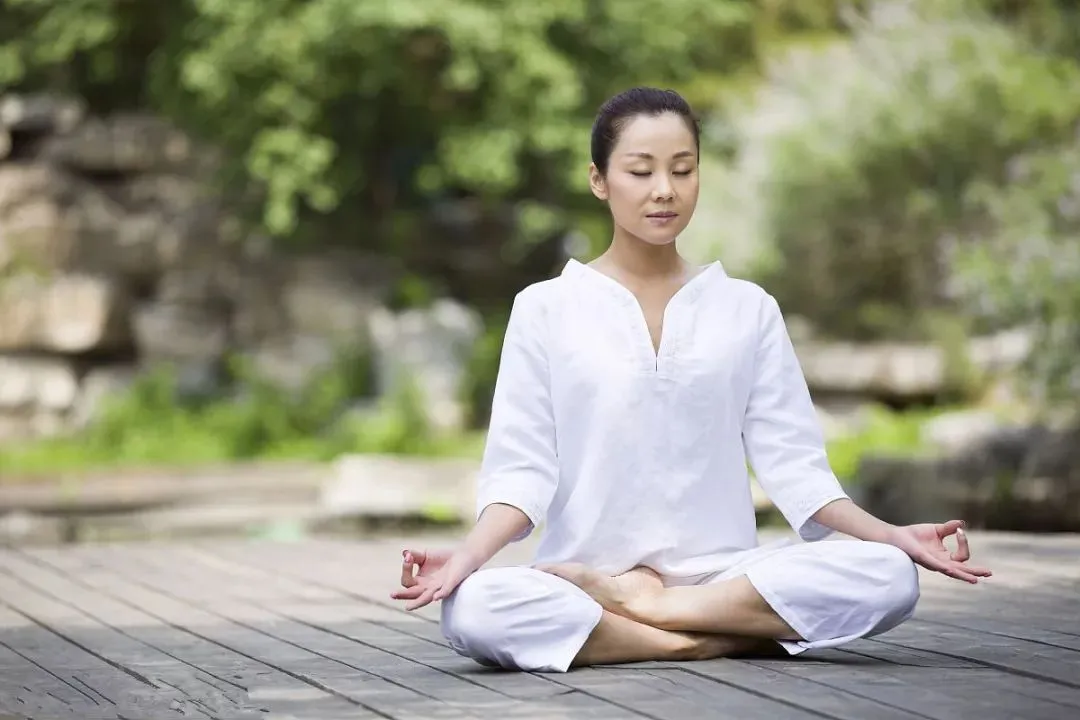
1. Physical Labor Without Fatigue
The Huangdi Neijing states: “Eating and drinking in moderation, maintaining regular daily routines, and not overworking oneself, allows the body and spirit to be in harmony, thus completing their natural lifespan.”
Ancient health practitioners believed that the body (xing) and spirit (shen) are interdependent.
As the saying goes, “The body relies on the spirit to exist, and the spirit needs the body to survive.”
To nurture both the body and spirit, one must balance movement and stillness.
“Stillness” helps cultivate vital energy (yuanqi), while “movement” promotes better circulation of this energy.
Maintaining good lifestyle habits, appropriate dietary practices, and consistent physical exercise can lead to a vibrant spirit, making the body feel increasingly youthful.
It is not uncommon to find that elderly people in rural areas are often healthier and live longer than those in cities.
This is attributed to rural life, which helps them maintain good labor habits.
Regular physical work prevents them from easily feeling fatigued.
When vital energy is balanced and harmonious, longevity naturally follows.
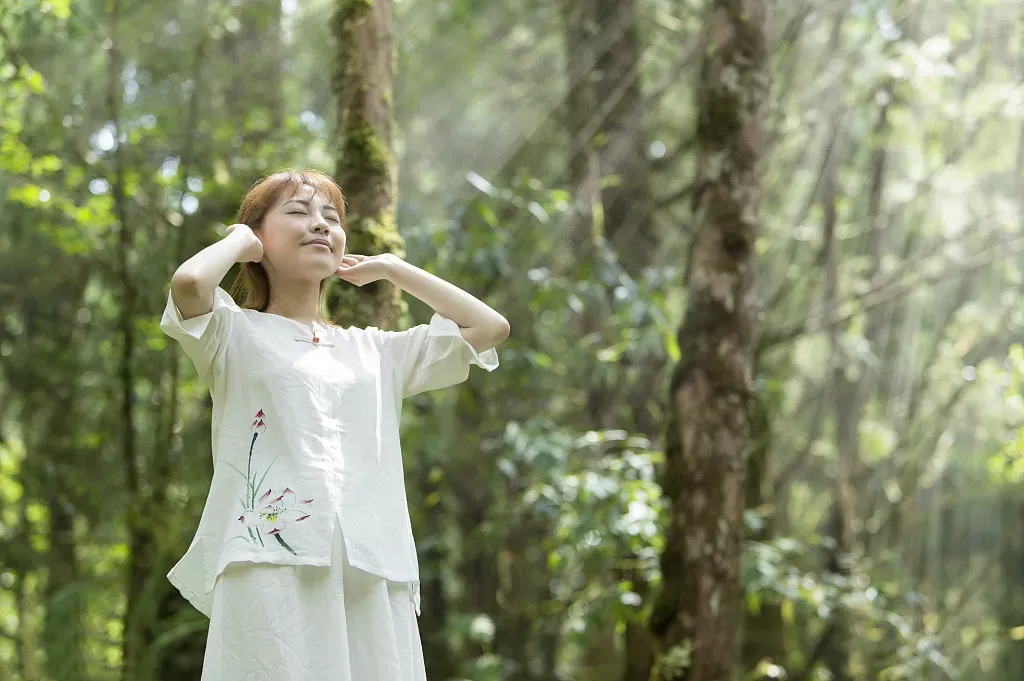
2. A Calm Heart Without Fear
The Huangdi Neijing states: “Joy brings harmony to the qi and clarity to the will, allowing the protective energy to flow smoothly.”
A peaceful mindset, free from worries about gain and loss, fosters a positive and optimistic attitude.
When the physiological activities of the body operate according to natural laws, longevity is more likely.
In contrast, those who are constantly burdened with worries and live in fear rarely achieve longevity.
The TCM approach to health emphasizes “nurturing the heart and regulating the spirit.”
This aligns with the saying in the Huangdi Neijing, “A calm heart is free from fear.”
A calm heart is characterized by joy in the will and laughter in the voice.
Joyful emotions and cheerful laughter surpass all health supplements.
Everything is created by the mind; wherever one resides, there is peace and happiness.
When the heart is stable and free from fear, one can live freely and effortlessly.
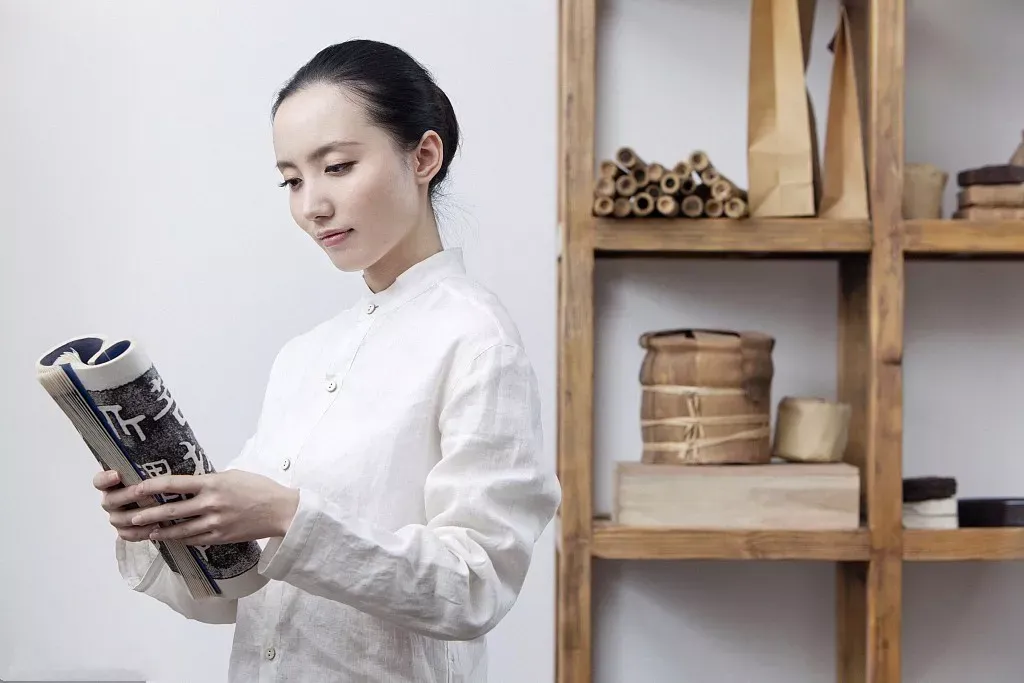
3. Complete Virtue Without Danger
The Huangdi Neijing states: “Those who can live to be a hundred years old and remain agile without showing signs of aging do so because their virtue is complete and they are not in danger.”
This means that some people can live to be a hundred years old and remain active without appearing old due to their complete moral cultivation.
The ancients regarded “virtue” as the foundation of existence.
Confucius said: “Those with great virtue will surely attain longevity.”
This implies that individuals with noble moral character often grow younger as they age.
Confucius’s statement about “the virtuous living long” actually contains medical principles.
Sun Simiao in the Qianjin Yaofang stated: “When one’s nature is good, internal and external diseases will not arise, and calamities will have no cause to occur; this is the great principle of health preservation.”
Nurturing virtue can regulate a person’s temperament.
It maintains one’s vital energy from within, promoting longevity.
Complete virtue can be summarized in eight words: benevolence, propriety, contentment, and tolerance.
Being humble and courteous, respecting others while maintaining oneself, can help us avoid worries.
Protecting the body and spirit from harm can lead to increased longevity.
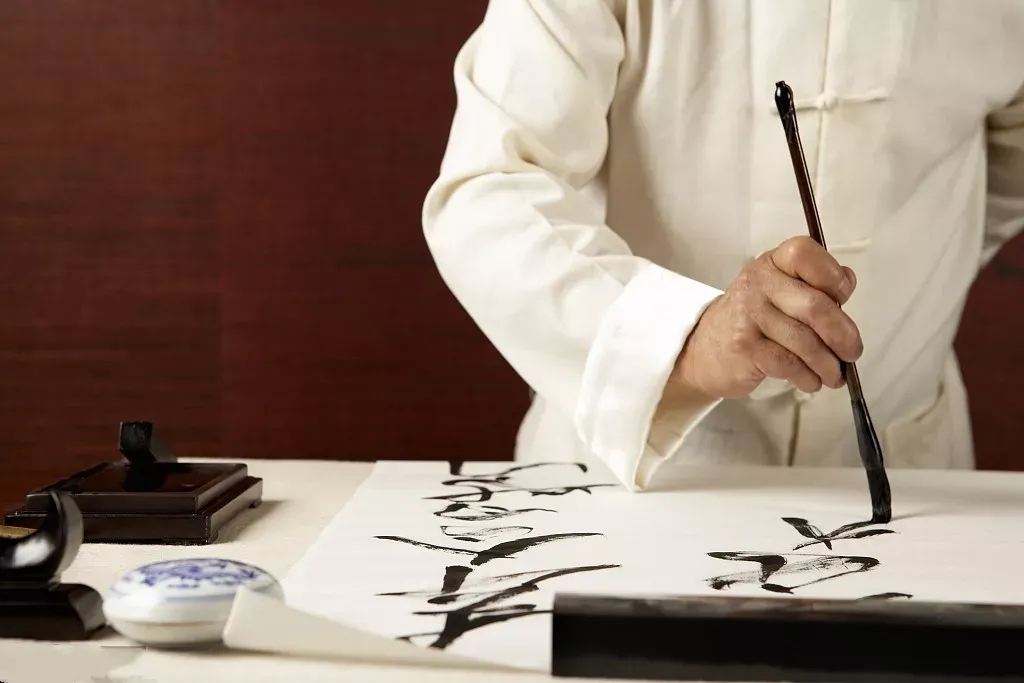
4. Leisurely Aspirations and Few Desires
The Huangdi Neijing states: “Tranquility and emptiness allow true qi to flow, and when the spirit is contained within, how can illness arise?”
This means that when a person’s spirit is tranquil and free from desires, true qi will remain within the body.
When the spirit is contained and not dissipated, how can diseases invade?
To live younger, one must learn to control their desires.
The Qing dynasty health practitioner Li Duyuan understood the principles of desire moderation.
He advocated a lifestyle of simplicity: simple diet to reduce the burden on the spleen and stomach; simple desires to keep the spirit clear; speaking less to help regulate the breath; maintaining simple relationships to preserve one’s integrity; avoiding alcohol and lust to keep the heart pure; reducing worries to eliminate troubles.
In everything, just a little less can yield a little more benefit.
Everything tastes sweet, and whatever one wears is comfortable; life is simple and satisfying.
Source: Hebei Provincial Department of Culture and Tourism
| =====Previous Classics===========Chinese Medicine – Effects and Contraindications of Shanglu Chinese Medicine – Effects and Functions of Wuzhimaotao Chinese Medicine – Effects and Functions of Tusi Chinese Medicine – Effects and Functions of Chuan Niuxi Chinese Medicine – Effects and Functions of Huajuhong What is Guava, Effects and Functions, and Contraindications How to Distinguish Between Wind-Heat and Wind-Cold Colds Formula – Tianwang Buxin Wan (for treating heart and kidney yin deficiency, and insomnia caused by excessive yang) What are the Benefits of Drinking Hua Diao Wine? The Effects/Contraindications of Glutinous Rice Wine (nourishing qi and blood, nourishing yin and kidney, stimulating appetite) |

Note: Please do not self-medicate; follow medical advice.

